What to consider before you self-treat
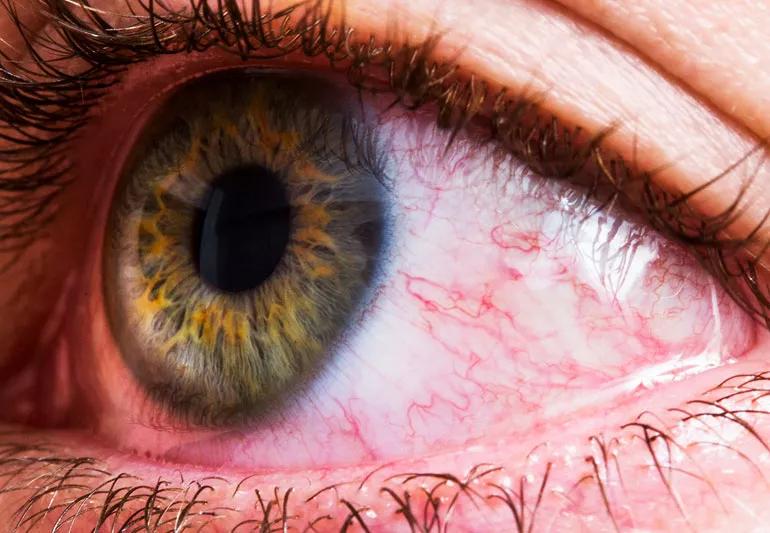
If you have red, itchy eyes and it’s hay fever time, you likely assume that allergies are causing the problem — and that you can treat it on your own with over-the-counter eye drops. Unfortunately, it isn’t as simple as that.
Cleveland Clinic is a non-profit academic medical center. Advertising on our site helps support our mission. We do not endorse non-Cleveland Clinic products or services. Policy
Even if you find a guide to help you choose the best eye drops from the drugstore aisle, you may treat for allergies when the real problem is an eye infection.
Before you head to the drugstore, ophthalmologist Richard Gans, MD, shares what you need to know about these two very different conditions.
Whether ragweed or pet dander is the culprit, allergens affect the eyes in the same way.
Eye infections can come from many causes — virus, bacteria, parasite or fungus — and the symptoms vary with the cause, but in general, infections have a longer list of symptoms when compared to allergies.
The bottom line is that if anything more than tear-like fluids come from your eye or you feel eye pain, it’s likely more than allergies.
To get the right treatment, you’ll need your eye doctor to find out what’s behind your eye problem. Eye allergies aren’t contagious but they can be miserable to deal with. If it’s an infection, you run the risk of damaging your eye and/or spreading it to others.
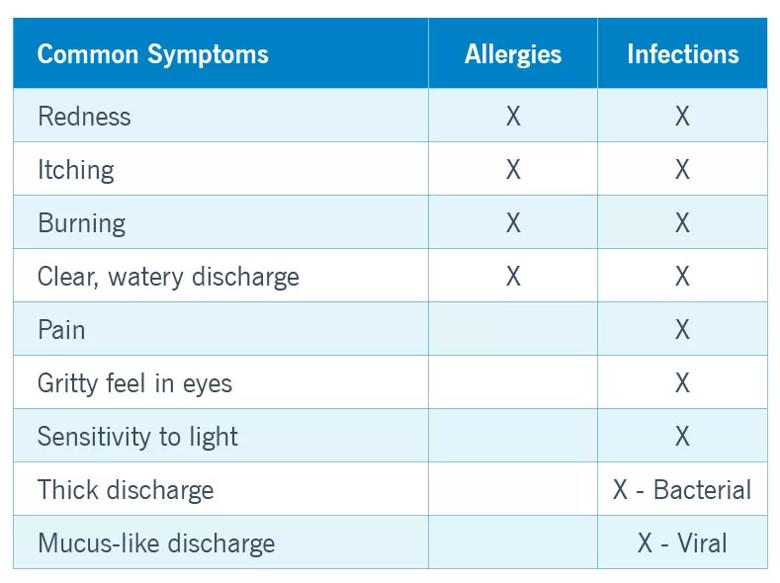
You can minimize your risks for both eye allergies and infections. Keeping windows shut and other easily implemented strategies can help you survive seasonal allergies, while an air purifier can help you cope with indoor allergies. Conjunctivitis (pink eye) is the most common eye infection, caused by a virus or bacteria. Either way, it’s easily spread.
You can minimize your risks for both eye allergies and infections. Keeping windows shut and other easily implemented strategies can help you survive seasonal allergies, while an air purifier can help you cope with indoor allergies.
Conjunctivitis (pink eye) is the most common eye infection, caused by a virus or bacteria. Either way, it’s easily spread.
Frequent hand washing is just one way to help prevent pink eye and other contagious diseases. Taking care with makeup and contact lenses also helps prevent bacterial pink eye from spreading.
Even if you fight the good fight, you may still sometimes need relief from itchy, watery eyes. Depending on your diagnosis, here are treatments that can help.
For allergies: Topical medications are usually better than general allergy remedies for treating eye allergies. Many allergy eye drops are extremely successful in treating symptoms. Some actually work to prevent symptoms by preventing the allergic reaction from getting started.
Your doctor may suggest short-term medications to help control inflammation, such as steroid or anti-inflammatory eye drops. Over-the-counter artificial tears also can help keep eyes moistened and flush out allergens.
For infections: Viral infections generally clear up on their own, but cold compresses and lubricating eye drops can minimize symptoms. Your doctor may prescribe antibiotic eye drops to treat a bacterial eye infection.
For eye infections caused by fungi and parasites, the medication will depend on what’s causing the problem. Your eye doctor can help sort that out.
Getting quick diagnosis and treatment is the key when you have irritated eyes. No matter what’s causing the problem, your eye doctor can help you find the right treatment and the relief you need.
Learn more about our editorial process.
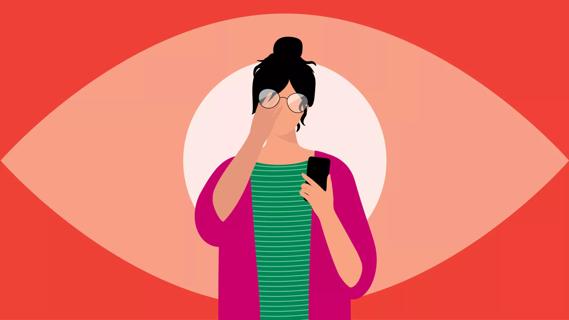
From scratching your cornea and tearing your retina to introducing allergens and causing infections, pawing at your peepers just doesn’t pay off

Often, a throat tickle is due to a cold, allergies or GERD — but see a doctor if it won’t go away

Autumn allergens typically begin to bloom — and release their pesky pollen — around August
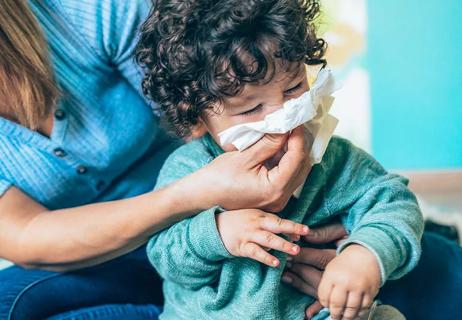
Sneezing, coughing and clear mucus shouldn’t be ignored

Infections like sinusitis, colds, flu and COVID-19 can cause a fever, but allergies aren’t infections

Avoid allergens when you can, and clear up phlegm with home remedies and medications
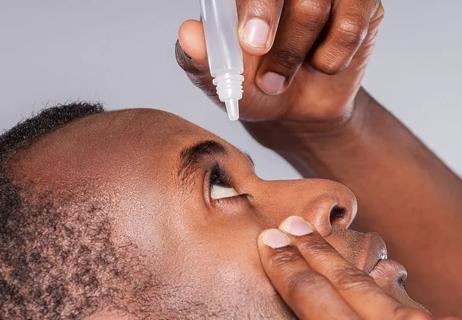
Eye drops, cold compresses and a shower before bed can make all the difference

Your metabolism may torch 1,300 to 2,000 calories daily with no activity

A gentle touch in all the right places may help drain your sinuses